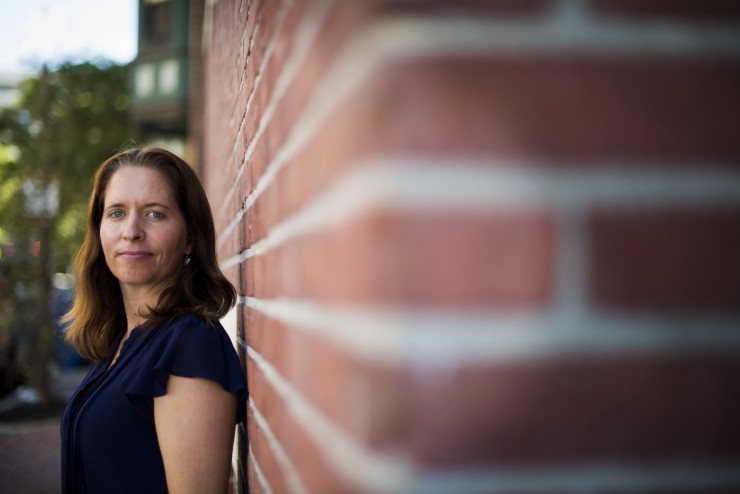
Scientists and engineers recently made a leap forward in the pursuit of clean energy. The team set a new world record for plasma pressure which is the key ingredient to producing energy from nuclear fusion, and MIT

The X-ray emissions were discovered by chance beyond the Milky Way and no one really knows what is causing them.

50k participants have gathered in Quito this week to discuss a New Urban Agenda at Habitat III

A primer on smart and future homes.

Live coverage of the ExoMars Trace Gas Orbiter and the Schiaparelli lander arriving at Mars.

Finding evidence of gravitational-wave memory could help solve the black hole information paradox.

The changing nature of work and the workplace has led to the booming growth of coworking spaces around the world, catering to the self-employed, remote workers and innovation-minded entrepreneurs.

A primer on Epigenetics

Half of the original mass of India and Eurasia is missing, upending how geologists believed tectonic interactions worked.

If successful, the October 19th landing would be a historic first for Europe

As mobile ownership continues to rise, the number of apps available grows — and many of those apps are geared at helping you find out more about the world around you, not the digital one at your fingertips.

Religious tolerance has long been wired into the social fabric of Burkina Faso, with many people drawing their faith from more than a single creed.

Amazon has opened the doors to its Prime Air drone lab in Cambridge, one of the lynchpins in its ambitious plans to start remotely delivering packages by air in the UK.

Jennie Stephens focuses on understanding how the social dynamics—including political power, institutional norms, and gender— influence deployment of wind power, solar, and smart grids.